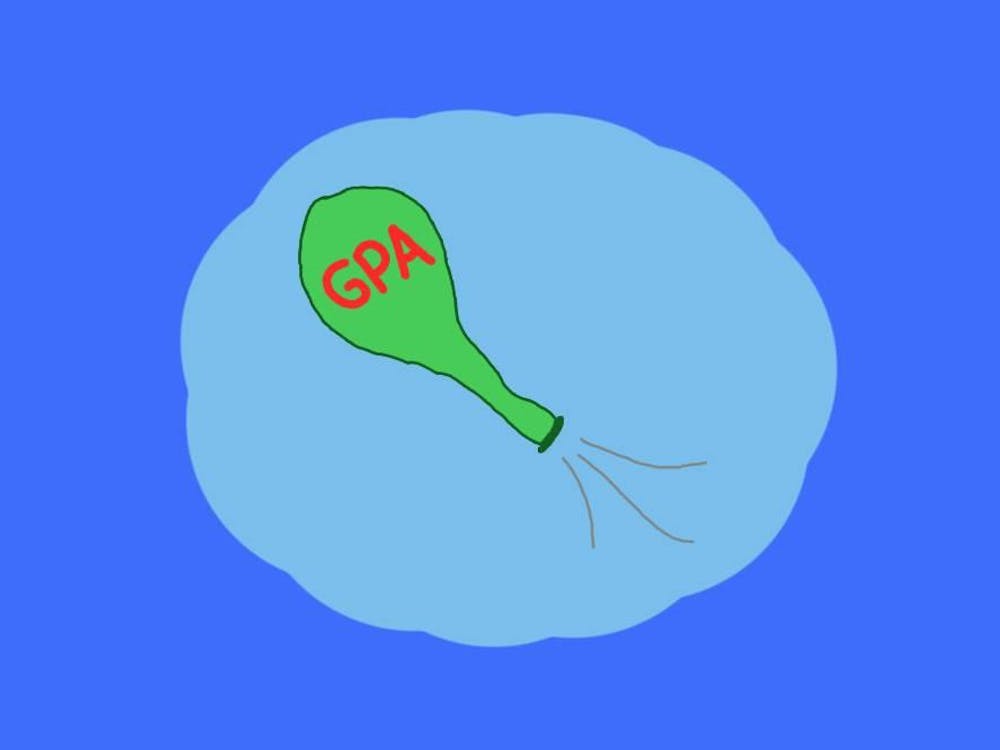In just a few weeks, College faculty members will vote on new educational requirements for first-year students, which would be the first curriculum change in the past 40 years. The proposal would mandate that all first-year students complete four two-credit courses on “engagement”: Aesthetic Engagement, Empirical and Scientific Engagement, Engaging Difference and Ethical Engagement. College Dean Ian Baucom said the new course requirements would “provide students with an intellectual framework to help guide them through their subsequent studies.” The possibility of a core undergraduate curriculum — as opposed to general requirements — is worth exploring given its promotion of a shared intellectual experience for undergraduates. However, we are unsure whether this curriculum will accomplish that.
Though well-intended, the proposed curriculum is far from ready for a vote. In particular, the new mandated courses have not been sufficiently developed, nor effectively crowdsourced to students and faculty. Aesthetic Engagement and Empirical and Scientific Engagement could provide students with a useful intellectual background in the humanities and sciences, respectively. And Ethical Engagement could include both the humanities and the sciences. However, the subject matter for the engagement courses is not well-defined. Economics Prof. James Harrigan alleges College faculty members have received limited information about the nature of the engagement courses. It’s difficult to discern, for example, what a course titled “Engaging Difference” would entail. If this is an attempt at integrating diversity into our curriculum — something we can certainly get behind — then we would like to know more about what that course would look like.
This set of changes has been in the works since 2011 — so why is it we can’t seem to find out more beyond buzzwords?
Core curricula have been successful at other schools such as Columbia University, and could very well be successful here as well. But if the College is going to make its first change in 40 years, certainly faculty should have a better understanding of what that change is going to be. Given the many remaining questions and concerns about the proposed curriculum reform, College faculty should vote no on the changes until they receive better information about the proposed course requirements.




